World Salt Awareness Week 8-14 March 2021 – Spread the message: More Flavour, Less Salt!
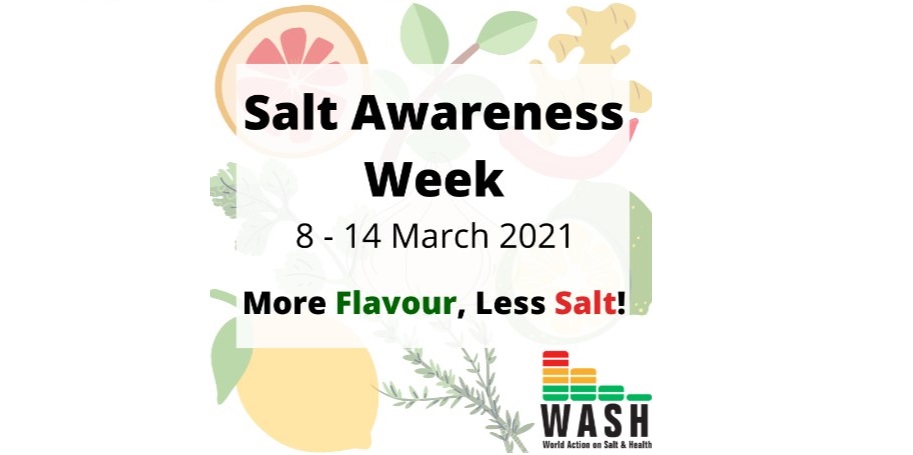
World Salt Awareness Week (WSAW) is taking place between the 8 – 14th of March and this year the theme is “More Flavour, Less Salt!” Led by World Action on Salt, Sugar and Health, this year’s theme aims to reflect the fact that many people are eating and cooking more at home given COVID-19 related […]
Cost-effectiveness of population salt reduction interventions in Cameroon
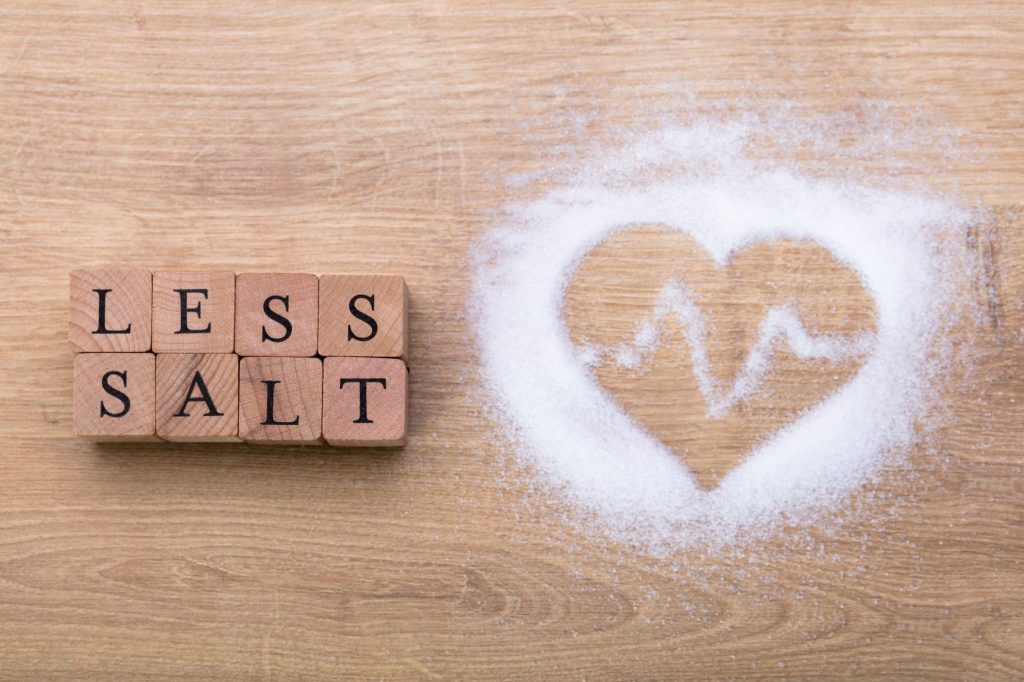
Published in BMJ Open on 24th November 2020, Aminde, Cobiac, and Veerman conducted a cost-effectiveness analysis of three population salt reduction interventions to prevent cardiovascular disease (CVD) in Cameroon. Using a multicohort multistate life table Markov model, the study estimated that over 10,000, 79,000 and 84,000 CVD deaths could be avertedfrom mass media, school education […]
Culinary Medicine Education may help achieve salt intake reduction

Published in Nutrients on 26 November 2020, Razavi et al reviewed opportunities for culinary medicine to improve outcomes of individual- and population-level sodium-reduction outcomes. “Culinary medicine is an emerging discipline in clinical and public-health education that provides healthcare professionals and community members with food-based knowledge and skills”. Five key areas were reviewed: (1) increasing adherence […]
Scaling-up and evaluating salt reduction policies and programs in Latin American countries
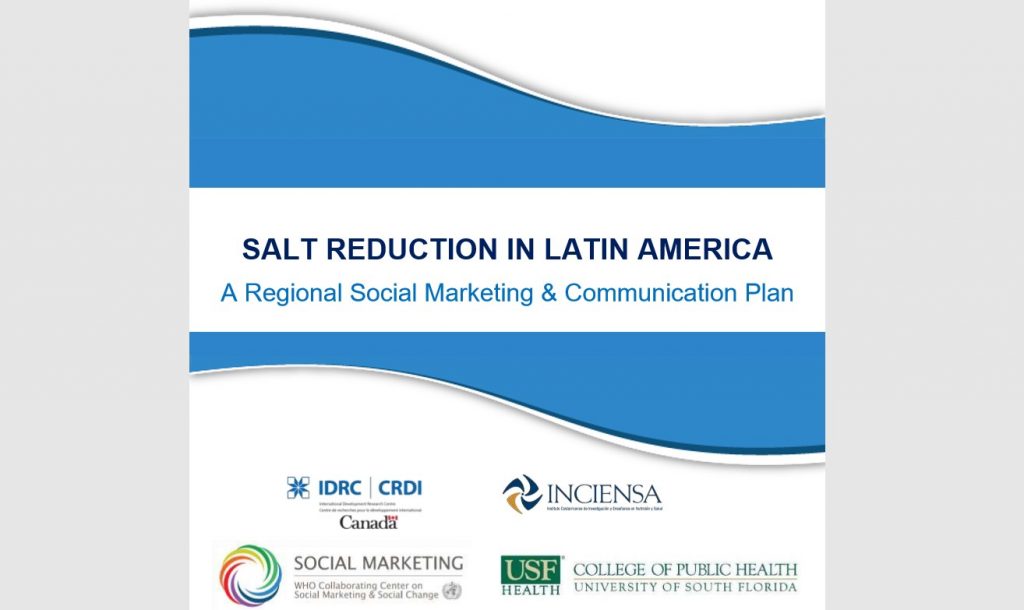
In May 2020, the final technical reports of the International Development Research Centre (IDRC) project, “Scaling-up and evaluating policies and programs in salt reduction in LA countries,” were published. The reports and most outputs can be found in the IDRC Digital Library. Some key report include: Regional policy Brief, “The Challenge of Reducing Dietary Salt […]
Salt-Related Knowledge, Attitudes and Behaviours (KABs) following a 22-Month Consumer Awareness Campaign

Grimes et al conducted a repeated online cross-sectional survey to assess whether salt-related knowledge, attitudes and behaviours (KABs) of adults aged between 18-65 years in the Australian state of Victoria changed following the first 22 months of a consumer awareness campaign targeting parents. The 37-item questionnaire assessed participants’ demographic characteristics and salt-related KABs. It found […]
Formative Research to inform a behaviour change Salt Reduction Intervention in India (SRII) Project

The SRII project is a community-based salt reduction behaviour change intervention in India, funded by Resolve To Save Lives. Dr Claire Johnson and Dr Annet Hoek recently travelled to India to support colleagues at The George Institute offices in Hyderabad to undertake formative research activities in Siddipet, Telanagana: a small rural town approximately 2.5 hours’ […]
Salt-Related Knowledge, Attitudes, and Behaviours on Efate Island, Vanuatu
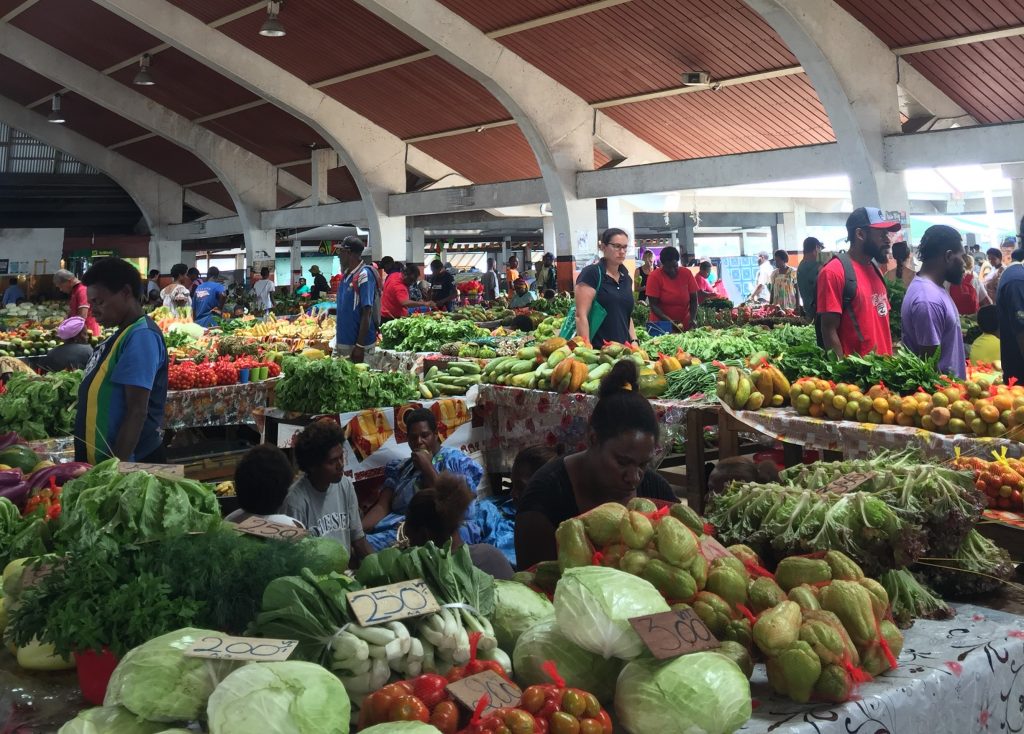
Sparks E et al published an article in the International Journal of Environmental Research and Public Health on salt-related knowledge, attitudes and behaviours in a sub-national sample in Vanuatu. They found that salt-related knowledge was high, with over 80% agreeing that too much salt could cause health problems, and that it was ‘very important’ to lower […]
World Hypertension Day Promotion and Events

World Hypertension Day was on the 17th of May. A sample of promotion and events that took place are: Australia: “Because I Say So” video campaign For World Hypertension Day, The George Institute for Global Health, High Blood Pressure Research Council of Australia and the International Society of Hypertension have released a campaign video, […]
Behaviour change interventions to reduce population salt intake
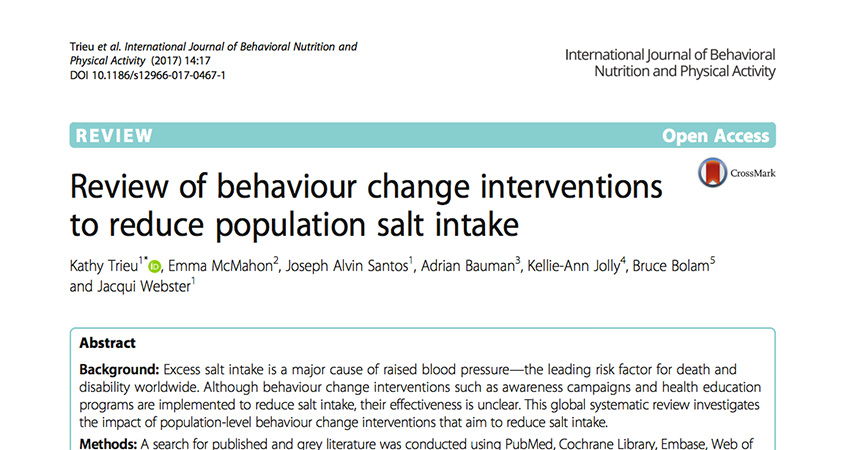
Trieu et al at the George Institute for Global Health conducted a systematic review to evaluate the effectiveness of population-level behaviour change interventions to reduce salt intake, published in the International Journal of Behavioral Nutrition and Physical Activity in February 2017. The review found that 19 of 22 studies reported that health education or awareness […]
World Salt Awareness Week 2017
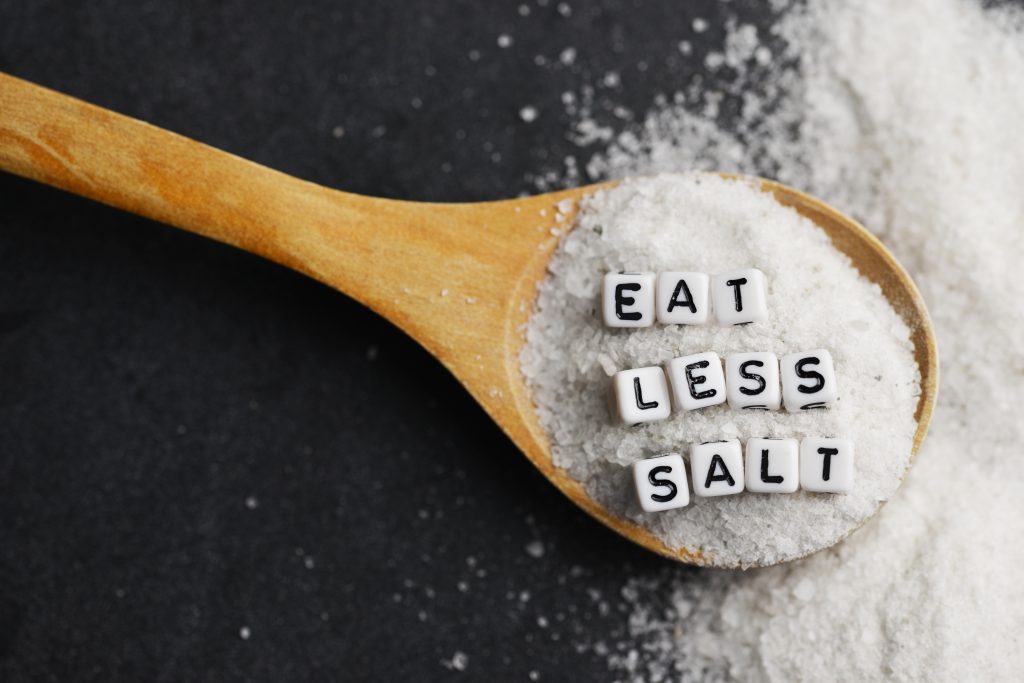
This year World Salt Awareness Week will be held from the 20th to 26th of March, with the theme ‘Salt: The Forgotten Killer.’ The World Action on Salt and Health (WASH) will be calling on the food and drink industry to start or continue their reformulation efforts to meet national salt reduction targets; governments to […]